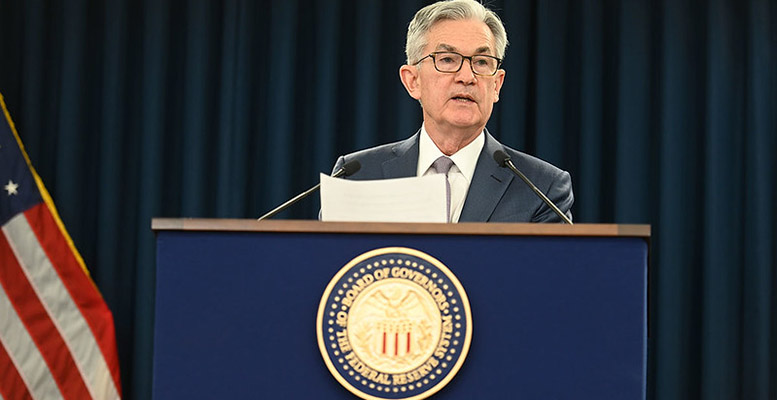Markus Allenspach, Head Fixed Income Research, Julius Baer | We see stable to narrower credit spreads for low-investment-grade bonds and BB-rated bonds in anticipation of tangible Fed support and in expectation of a solid economic recovery in the second half of the year.
The US Federal Reserve Board’s announcement that it will buy corporate bonds on 23 March was instrumental for the recovery of the US corporate bond market. The average credit spread of Baa/BBB-rated bonds, measured by the Bloomberg Barclays index, had risen from 1.27% on 19 February to 4.62% that very day but narrowed to 3.83% by Friday, 27 March, and to 2.8% in mid-April. Since then, the market had been waiting for the Federal Reserve to actually purchase corporate bonds. We noted some anxiety in the market about the time the Fed had allowed passing by without giving any guidance on its purchase programme.
As a result of the statement published yesterday by the Federal Reserve Bank of New York, which said that they will begin purchasing exchange-traded funds starting “in early May” and that the first purchases of corporate bonds will follow suit, there is a big relief on the bond market. At this stage, the corporate bond market needs support from the Federal Reserve to digest the negative news flow, such as the net tightening of lending standards for commercial and industrial loans in the senior loan officers’ survey published yesterday or the numerous cyclical data showing the depth of the contraction in the current quarter.
We stick to our recommendation for low-investment-grade bonds and Ba/BB-bonds but warn that the Fed is not going to support issuers with very high leverage or zombie companies that already lacked profitability before the corona crisis. Selectivity remains important on the bond market.





